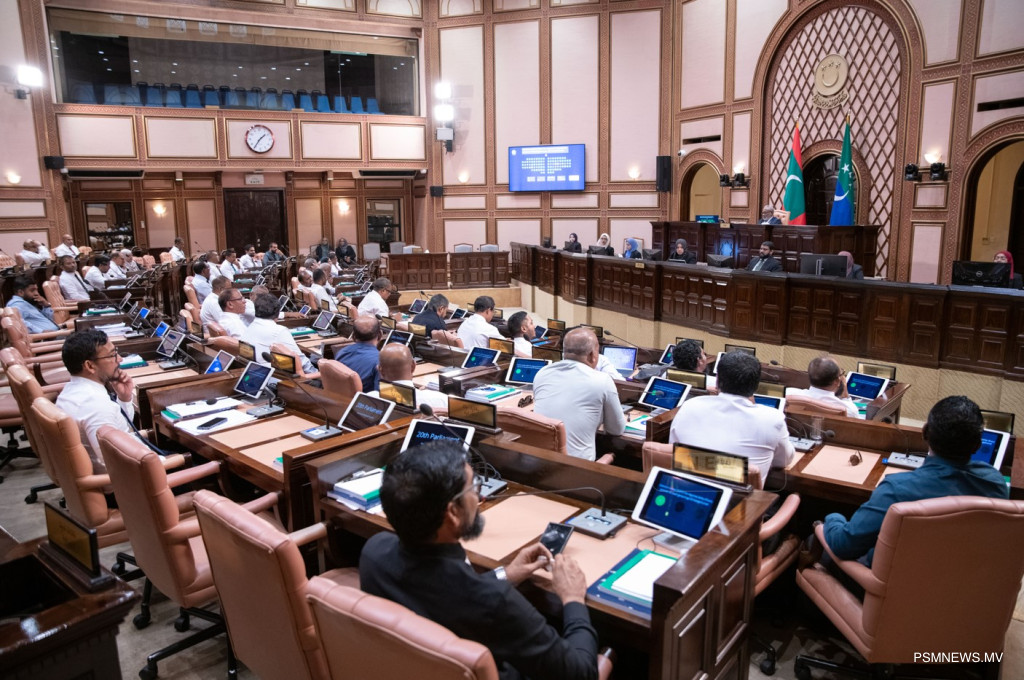
The government has formally introduced legislation that would allow state employees to remain in public service until the age of 75, marking a significant departure from existing retirement norms and signalling a broader effort to retain institutional expertise within the civil service.
The proposed 'Re-employment Bill', submitted to Parliament by Hanan Mohamed Rasheed, Member for Guraidhoo, sets out a legal framework for the continued employment of individuals aged 65 to 75. It defines eligibility criteria, procedural requirements, and operational guidelines for re-engaging both current and former state employees under a renewable annual contract system.
Re-employment would be made available to current state employees who wish to extend their service beyond the age of 65. The bill also provides for the re-engagement of individuals who retired upon reaching the pensionable age, provided their departure occurred within seven years prior to the law’s enactment.
Employment under this framework would be governed by annually renewable agreements. Eligible individuals may be reinstated to their previous roles or assigned to equivalent positions within the state apparatus, subject to institutional requirements and administrative discretion.
In terms of compensation, the bill stipulates that salaries and benefits for re-employed personnel shall be determined by the National Pay Commission. While those re-engaged under this scheme would not receive the basic pension typically awarded at age 65, they would remain entitled to other pension funds as provided under the Pension Act.
The legislation outlines specific timelines for application. Current employees intending to continue service must submit their re-employment request no later than six months prior to their 65th birthday. Retired individuals eligible under the bill must apply within four months of the law’s enactment.
Certain categories of public servants are explicitly excluded from the bill’s scope. These include members of the armed forces, police officers, judges, and individuals appointed under the Constitution or other statutory instruments. The 're-employment bill' has been referred to the relevant parliamentary committee for further examination, marking the next phase in its legislative trajectory.
